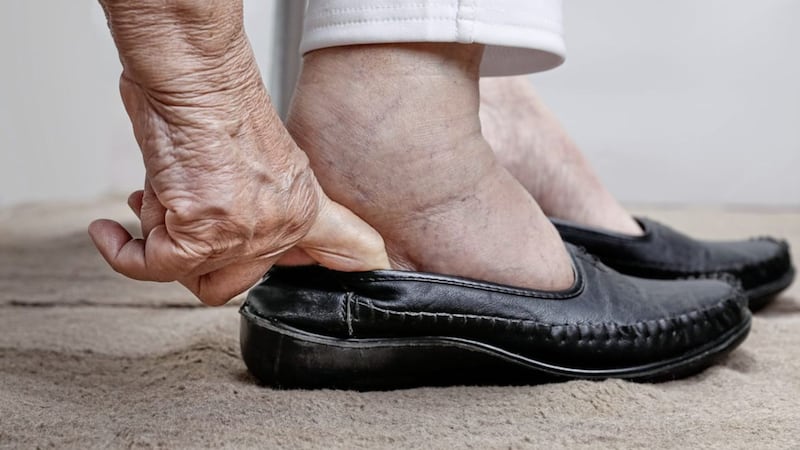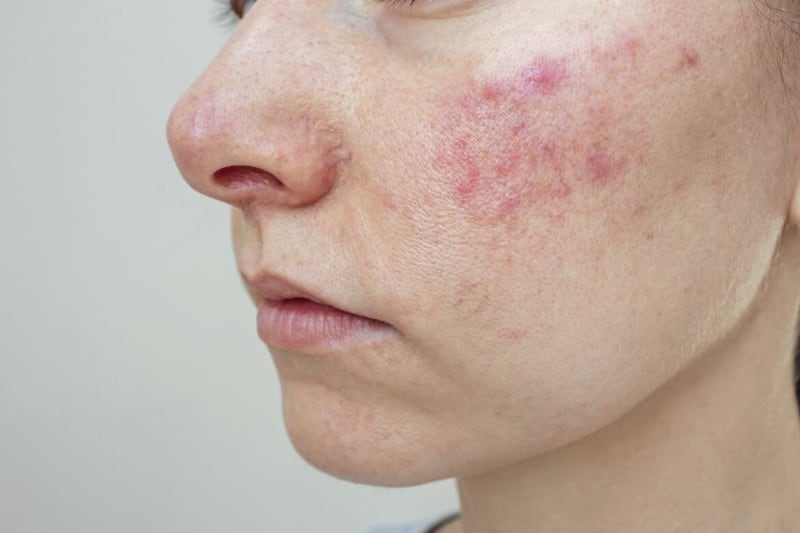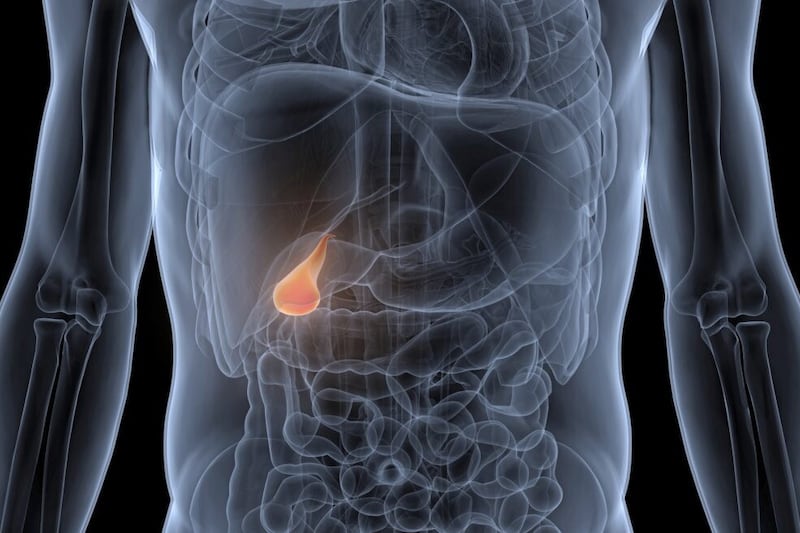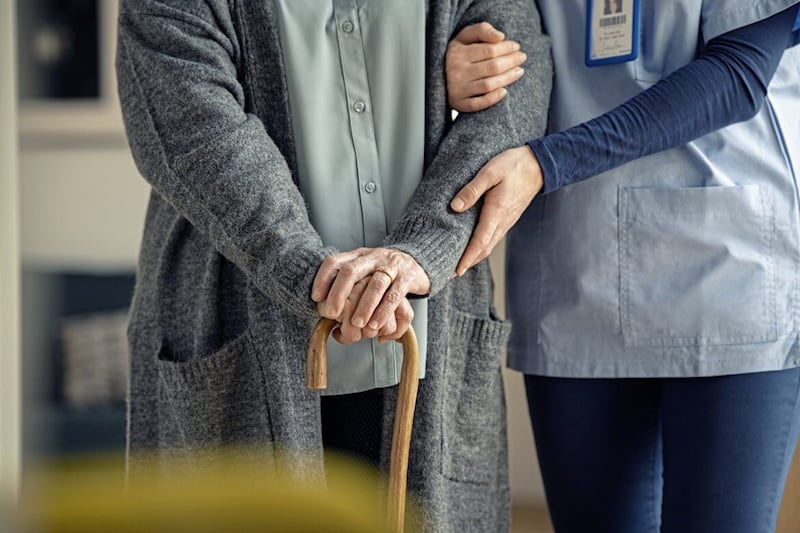Q: I SUFFER with water retention between my ankles and calves. I get terrible burning and, at times, it feels as if my skin will tear. I take one water tablet a day, and I elevate my legs as much as I can. I am 82 and very active. What can you suggest?
Name and address withheld.
A: This symptom is not uncommon in people of your age, which I realise provides little comfort to you – but the big questions are what is causing the fluid build-up and how to help you?
Technically known as oedema, the swelling occurs when tissue fluid leaks from capillaries. This happens in all of us but, in oedema, this occurs at a greater rate than can be cleared. Gravity then draws the fluid down to the ankles and lower legs, which is why the swelling improves overnight when you’re lying horizontal. The fluid doesn’t leave the body, but rather migrates up around the organs, for example, where it is less obvious.
When medics examine patients with fluid retention we look at the sacrum, at the bottom of the spine, checking for pitting oedema, where a finger pressed there will leave an imprint if there is a build-up of fluid.
There are a number of conditions that cause oedema, including heart failure, as this has a knock-on effect on the kidneys, which retain salt and fluid. Another kidney-related cause is nephrotic syndrome, which, among other factors, is linked to low levels of a protein in the blood called albumin, which stops fluid leaking into the tissues. Similarly, cirrhosis of the liver affects albumin levels.
Centuries ago, oedema was called dropsy. Although the causes had not been pinned down, William Withering, a physician in the 1700s, noticed that the symptoms improved for some when treated with a herbal remedy, foxglove, Latin name digitalis purpurea. He published reports about his observations and we now know that what the plant was doing was improving the heart’s pumping efficiency.
In your case, one option might be to take a higher dose of the water pill you’re on, and if your diagnosis is heart failure – which means your heart does not beat as strongly as it should – there might be some further medication that can be added, such as digitalis.
This is still used today but is now made synthetically, as the prescription drug digoxin.
It helps by increasing the force with which the heart contracts, pushing more fluid around the body and reducing the amount that pools in the legs.
In terms of what you can do to help yourself, firstly, reduce the amount of salt in your diet. Be cautious of certain manufactured foods, particularly ready meals, which can be high in salt.
Also talk to your GP about being prescribed compression stockings, which physically force the fluid back up into circulation. These are available on prescription, although you can also buy them directly from pharmacies and supermarkets.
Pharmacists are trained in fitting stockings of the right degree of elasticity and compression. In your case, you need some that extend above the knee, so that the whole leg is compressed – the fluid retention might well extend higher than you think.
Put them on first thing in the morning when they will be easier to apply. None of these will cure your issue, but I do hope they will at least improve it for you.
Q: DO THE 80mg Kenalog injections I take for arthritis put me at risk of catching Covid-19? I’m 77.
WW
A: Your risk of catching the virus primarily depends upon exposure, but, unfortunately, your underlying health problem – and the medication you’re on to treat it – mean that you will be at greater risk of a more severe illness should you catch Covid-19.
This is because treatment with corticosteroids, such as Kenalog, will suppress the inappropriate immune response that causes your arthritis and reduce the amount of inflammation and pain that would occur otherwise. However, at the same time, this suppresses your natural immune responses.
As a result, the treatment is associated with a greater risk of infections – bacterial, viral and fungal.
The effects are dose-dependent and 80mg is a moderately high (but necessary) dose. For this reason, you must be meticulous in your own self-protection, taking the greatest care to avoid contact with any potential carrier of the virus.
It would be wise to take the government’s advice to stay at home. However, it is essential that your treatment continues to keep your arthritis in check.
So, while I urge you to stay alert to the threat of Covid-19, don’t cancel your regular appointments for your injections. They reduce your symptoms – which I hope improves the quality of life and is something not to lose sight of.
© Solo dmg media








